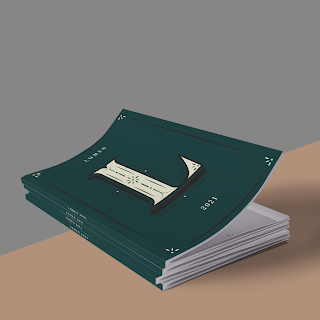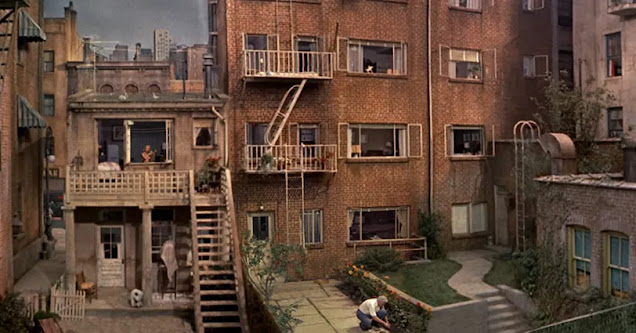The Two Walt Whitmans
I feel a particular dichotomy when it comes to Walt Whitman. I, admittedly, am not terribly well-read when it comes to this author, but from what I have, my opinions on the works have contrasted dramatically.
For our class, we read "I Celebrate Myself, and Sing Myself," which reeked of privilege and ignorance. His opening stanza, for example, sings of equality, and while he may see that as the ideal, the concept rings false in reality. To assume it undermines the past and continued struggles of minorities to thrive in a racially biased society. Seeing as he is writing about America and prideful patriotism, this has even more prevalence, for our country's entire history is stained with racism. He also claims that his entire being was formed from the soil of the land, which is simply not true, as somewhere along his family tree, ancestors migrated over from another land. The only people who can fully stake their roots in the United States are Native Americans, which he was decidedly not. He ends the section with the expectation that he can speak on any issue, which also stems from privilege, as he was an educated white man in America. Of course his voice would be listened to, whereas the voices of minorities were sequestered away for centuries, unable to make their stances heard. One point of praise I do have for the poem is its diction and syntax. The way Whitman is able to weave concepts together is vivid, and I enjoyed a fair few of his lines solely for their imagery.
To contrast dramatically with my view of the previous poem, I quite like "Come Up from the Fields Father," which is another one of Whitman's pieces. The poem leads the reader through a scene where a family receives the news of their son's death, leading to a dramatic spiral on the mother's part. The way Whitman was able to depict the mother's agonizing grief was poignant, with his concluding line striking the reader through the heart. I imagine anyone who has been through such a tragedy would resonate even more with the poem, especially if their family member did die while away at war. The last stanza is made even more impactful due to Whitman's choice of pleasant descriptors previously in the work. He details the family's farm first, painting a serene picture in the reader's mind. Then, trepidation arises as the daughter runs up the path, calling for her family. The rapid switch is disconcertingly effective at playing with emotion, expertly preparing the reader for the gloom on the horizon.
"Come Up from the Fields Father" in case anyone was interested!
Seeing as I had wildly different opinions on the two poems, I'll have to investigate more of Whitman's works to determine if I enjoy him as an author and poet.



Comments
Post a Comment